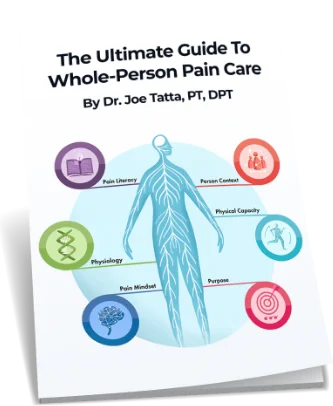New study identifies changes in the gut microbiome in patients with fibromyalgia

Fibromyalgia is an intriguing medical condition characterized by chronic widespread pain of unknown origin. Since musculoskeletal integrity is commonly well preserved in people with fibromyalgia, clues point to heightened pain perception as the prevailing cause (1). It is known that physical or emotional stressors may trigger and sustain pain, but these (diffuse, generalized pain, sleep […]
Are Pain Catastrophizing, Mindfulness, and Pain Acceptance Related or Unique Constructs?
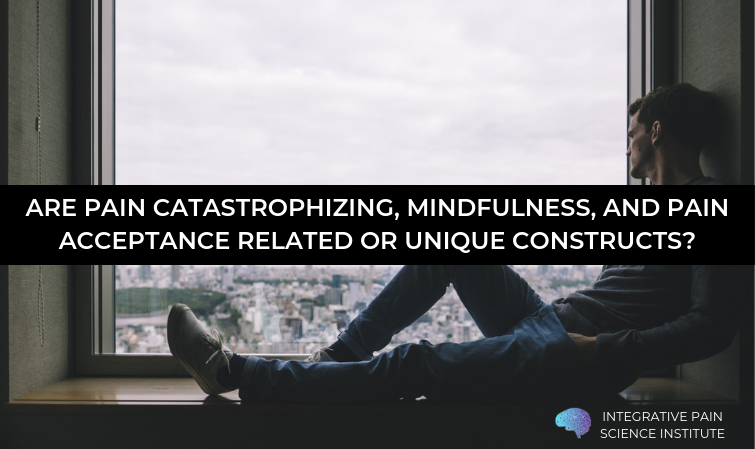
Chronic pain is by definition a bodily sensation, but its perceived magnitude depends on both physical and psychological processes. It has been suggested that attention to pain sensations might actually increase sensory flow of pain signals to the brain, accentuating pain perceptions (1). The attention paid to pain, and the importance we attribute it in […]
Can Physical Activity Reduce Mortality Risk in People With Chronic Pain?
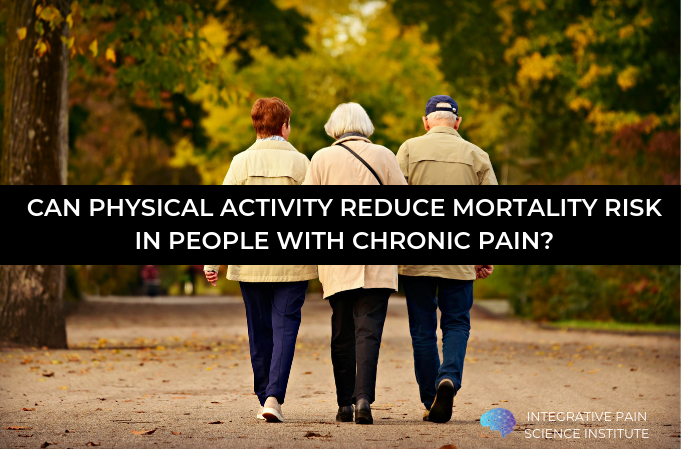
Chronic pain affects a staggering number of people worldwide, a fact that reflects both its widespread and complex nature and the challenge that represents its treatment (1). While injury, long-term illness, and disability can all lead to chronic pain, evidence indicates a strong contribution of occupational and lifestyle factors to both chronic disease and chronic […]
What is Creative Hopelessness and How Can it Help with Pain Exposure?
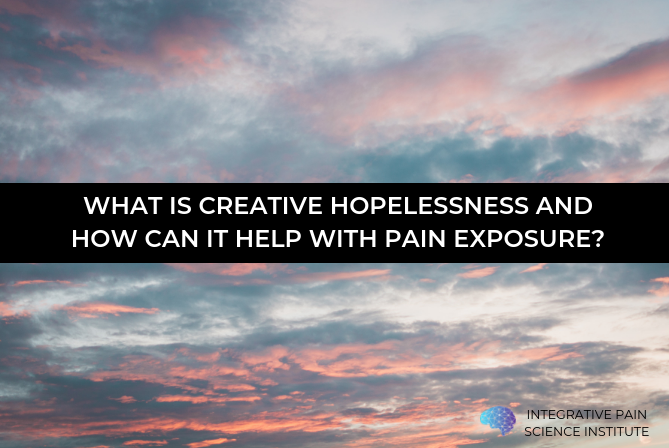
Avoiding pain is one of the most natural human instincts. We all do it. We numb it with alcohol, drugs, we restrict our movement or our activities, and we withdraw. Pain is tough to live with, and we think we can’t live our lives while we have it—we put our lives on hold while we […]
Self-Compassion and Chronic Pain
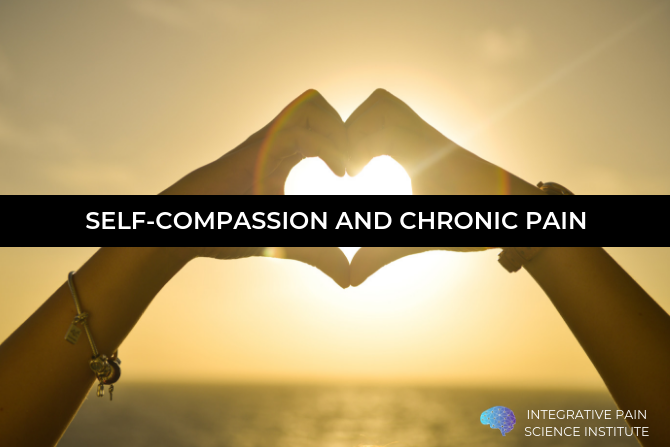
Chronic pain can take a huge toll on mental health. Anger, frustration, self-blame, and animosity towards oneself and others often surface in people experiencing persistent pain, making it difficult to manage. Practicing self-compassion (“taking a kind, accepting, and non-judgmental stance towards oneself in times of failure or difficulty”) can make living with pain and responding […]
Can ACT Reduce the Use of Sick Leave and Medical Services in Workers at Risk for Long-Term Disability?
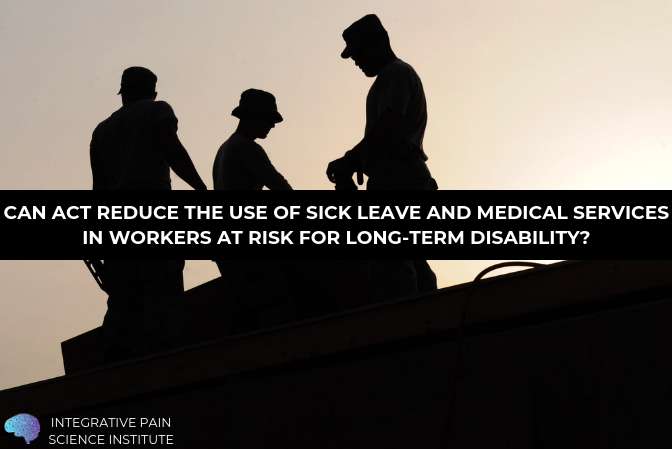
Sitting, standing, or walking for long hours. Hammering, drilling, brooming. Pushing or lifting weights. Tending to elderly or disabled patients. Teaching to a large class of children. Most occupations and jobs involve repetitive tasks that may cause physical and mental discomfort with negative impact on health and wellbeing. Physical and mental demands can be particularly […]
